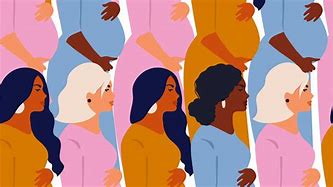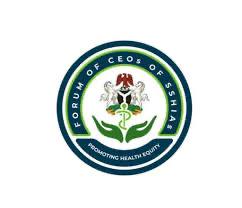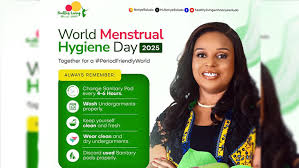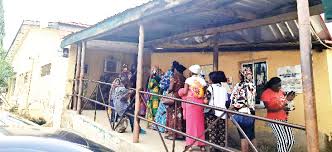
As Nigeria rolls out the Maternal and Neonatal Mortality Reduction Innovation Initiative (MAMII) in Ogun and Bauchi States, healthcare experts and policymakers are emphasizing the need for sustainable strategies to improve maternal and newborn health. Speaking in Abuja on Wednesday, stakeholders highlighted the importance of long-term investments in healthcare financing, digital health solutions, and community engagement to ensure the success of the initiative. MAMII is designed to tackle five key barriers contributing to maternal deaths, including delays in seeking medical care, reaching healthcare facilities, receiving adequate treatment, conducting mortality reviews, and ensuring proper coordination of care. A recent workshop in Abeokuta, Ogun State, kick-started the initiative, while Bauchi State is set to begin its implementation phase. Health Economis, Dr. Abigail Banji, underscored the necessity of strong political commitment, warning against short-lived interventions. “MAMII must not be another temporary solution. It requires sustained political will, adequate funding, and a coordinated approach at all levels of government to make a real impact,” Banji stated. Mrs. Chika Offor, the Chief Executive Officer of the Vaccine Network for Disease Control (VNDC), stressed the need for sustainable health financing, pointing to Ogun State’s Ibi-Dero conditional cash transfer program as a model. “Sustainable funding is key. Health insurance and financial support programs can ensure that pregnant women receive quality care without financial hardship,” Offor said. Ogun State has also introduced electronic medical records across its healthcare facilities to improve care coordination and patient outcomes. In Bauchi, where challenges such as poor access to healthcare and low antenatal attendance persist, the government has pledged to strengthen community health programs and expand skilled birth attendance. Bauchi State Health Commissioner Dr. Sani Dambam highlighted plans to train more midwives, enhance emergency obstetric services, and integrate traditional birth attendants into the formal healthcare system. “To reduce maternal deaths, we must close the gap between rural communities and healthcare facilities. This requires active community participation and a strong health financing system,” Dambam noted. Community health worker Mrs. Grace Adeyemi echoed these sentiments, emphasizing the need for well-equipped frontline healthcare workers. “We need more midwives and functional health centers. Many women die due to delays in receiving care,” Adeyemi said. While MAMII has garnered support from international partners such as the World Bank, UNICEF, and UNFPA, some stakeholders warn that reliance on donor funding may not guarantee long-term success. Mrs. Mercy Adejo, Founder of the Women Strengthening Women in Nigeria, called for domestic resource mobilization and community ownership to sustain the initiative beyond external funding. “As we implement MAMII, its success will depend on its ability to deliver measurable improvements in maternal and newborn health over the long term,” Adejo emphasized. With the program now in motion, all eyes are on the government and stakeholders to ensure that MAMII achieves its goal of reducing maternal and neonatal mortality across Nigeria.






